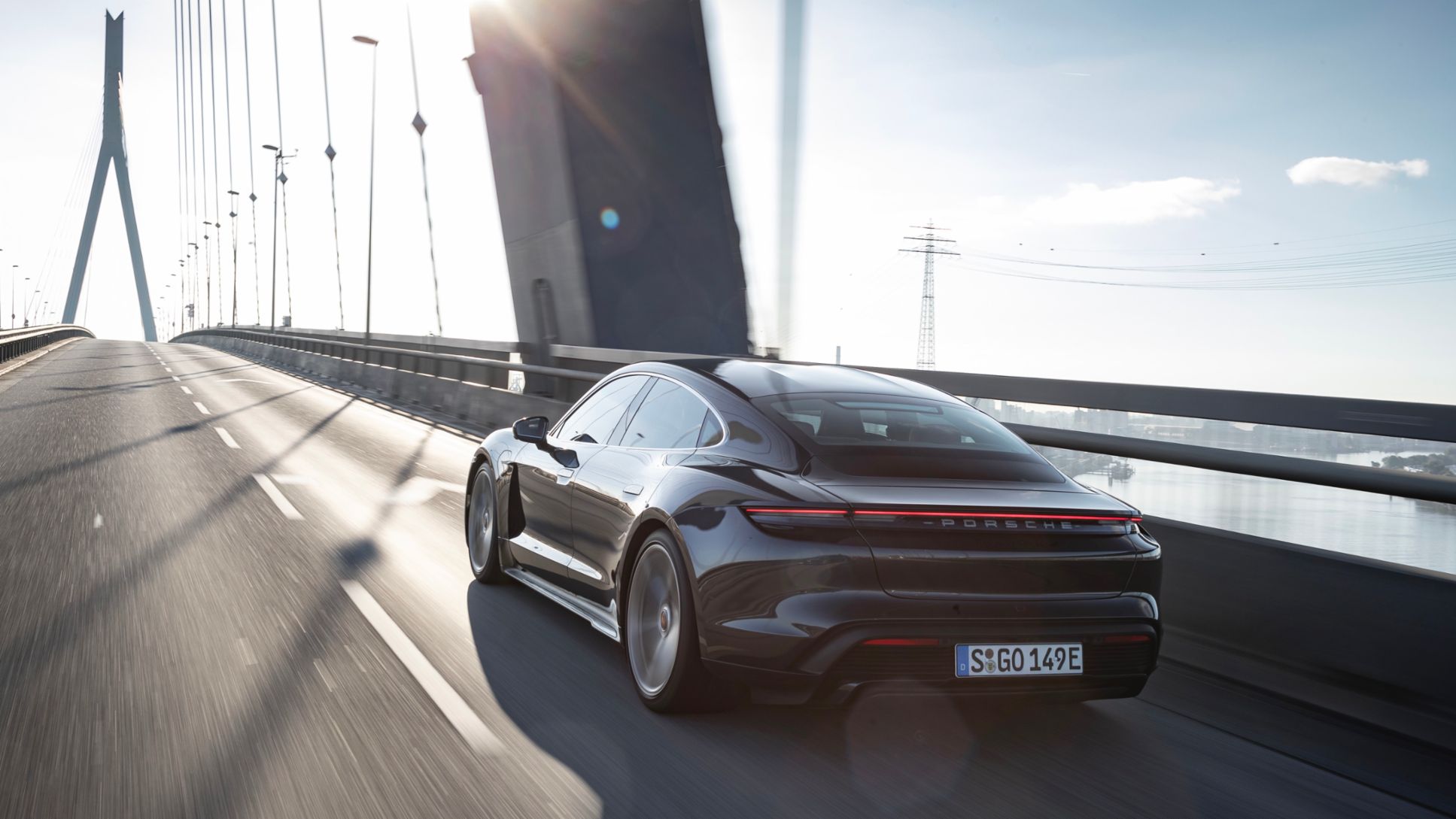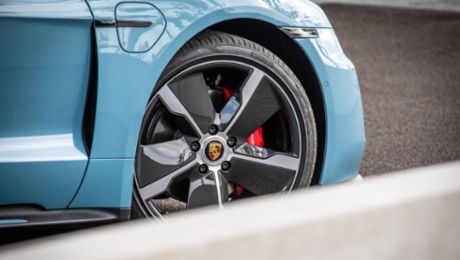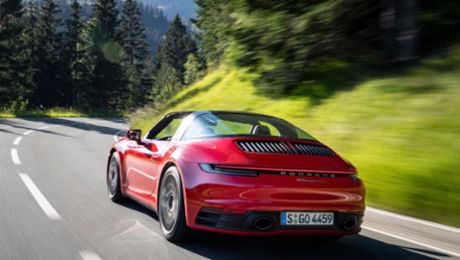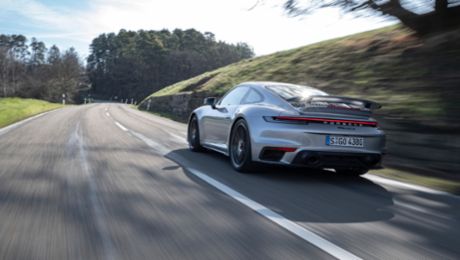With revenue of 19.4 billion euros, the sports car manufacturer recorded a 10.4 percent return on sales in the last nine months. Although the operating result was down by 28 percent on last year’s figure, Lutz Meschke, Deputy Chairman and Member of the Executive Board responsible for Finance and IT at Porsche AG, is very satisfied with the result: “We are now profiting from the fact that continuous optimisation of our processes is part of our DNA.” The resultant increase in efficiency has enabled Porsche to achieve a double-digit return on sales despite the uncertain situation in the automotive industry.
Double-digit return on sales despite the uncertain situation
Oliver Blume, Chairman of the Executive Board at Porsche AG, believes that the impressive product range is another success factor: “Our young, attractive product portfolio appeals to customers. I’m optimistic about the coming months,” says Blume. “The new 911 and our electric sports car, the Taycan, impressively demonstrate our innovative strength, and their sales figures have exceeded our expectations.” 25,400 units of the classic 911 sports car were delivered in the first nine months of the year, corresponding to an increase of one percent year-on-year. The all-electric Porsche Taycan was launched in September 2019 and was handed over to almost 11,000 customers between January and September.
“I’m optimistic about the coming months.” Oliver Blume
Since the start of the year, Porsche has delivered 191,547 cars to its customers worldwide. Although this is five percent less than in 2019, Porsche has managed to keep the drop at a moderate level when compared to the market as a whole. The sports car manufacturer has profited primarily from the Chinese market, which has recovered quickly after the lockdown. Between January and September, Porsche handed over 62,823 vehicles to customers in China. This corresponds to almost a third of all its global deliveries. Demand is also recovering strongly in other markets.
Porsche is pursuing its investments in digitalisation and electrification
Despite the difficult conditions on the overall market, Porsche is resolutely pursuing its investments in digitalisation and electrification. 15 billion euros will be invested into new technologies over the next five years. “Although this investment reduces our current result, in the long term it will help to secure the future of the company and jobs,” emphasises Lutz Meschke, Member of the Executive Board responsible for Finance and IT. Besides the challenging market environment, currency effects have also had a negative impact on the result. However, Meschke emphasises that a return on sales of 15 percent still remains the strategic goal of Porsche AG. “Due to the effects of the coronavirus pandemic, this is unrealistic for 2020 but, thanks to our long-term strategy, we are confident that we will achieve a double-digit return on sales at the end of this year.”





